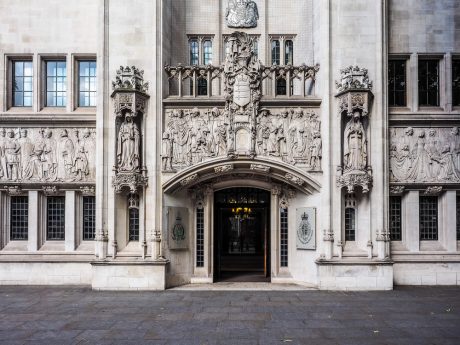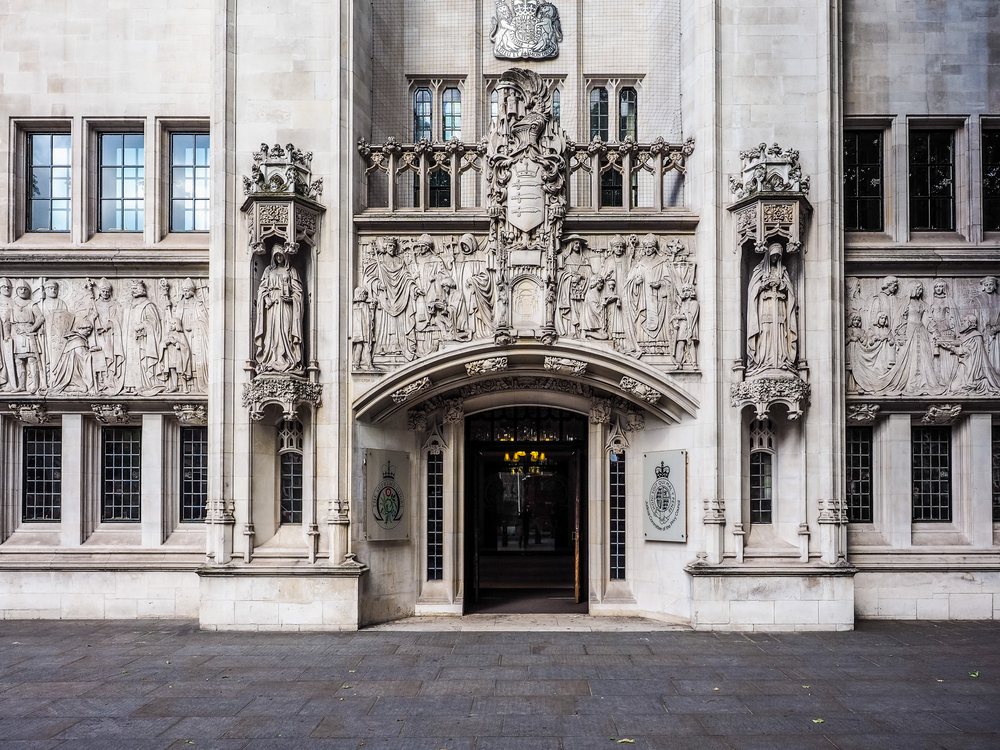On 4 June 2025, the Supreme Court refused Wirral’s application for permission to appeal the Court of Appeal’s decision to uphold the High Court’s first instance decision to strike out two securities claims against Indivior PLC (“Indivior”) and Reckitt Benckiser Group PLC (“Reckitt”). These claims were brought by way of representative proceedings pursuant to Civil Procedure Rule (“CPR”) 19.8.
Lorraine Lanceley considers the Supreme Court’s decision and its implications.
Where next for representative securities actions?
The Supreme Court’s refusal marks the end of the road for Wirral’s long-running effort to try and bring the first-ever representative action for a claim under section 90 and section 90A/schedule 10A of the Financial Services and Markets Act 2000 (“FSMA”).
This may not be the end of the road for representative actions in the securities space per se, however. Time will tell whether any of the other currently stayed representative securities actions (of which there are a number) take on the mantle of trying to launch such a claim.
Indeed, as we discussed in our previous article, while the courts were not ready to approve a representative action in the form contemplated by Wirral, it is possible that a different sort of representative action may achieve judicial buy-in. For example, a case where there exists clear and cogent evidence that a refusal to allow the claim to proceed by way of CPR 19.8 would prevent certain claimants from bringing their claims could tip the balance.
The courts have also not yet had to grapple with a case where parallel proceedings had not already been issued on the usual multi-party basis, which could move the dial somewhat in terms of the application of the judge’s discretion. However, bringing a sole representative claim could be a risky strategy for any claimant in circumstances where limitation were looming or due to expire. This is particularly so in the wake of the Wirral v Indivior/Reckitt decisions, which illustrate the current mood music coming from the courts in terms of the courts’ receptiveness to a move towards a more “class action” style regime for securities actions in England and Wales.
It should be noted that securities claims have been brought successfully as bifurcated representative actions in New Zealand, where the test for bringing such actions is almost identical to that in England. It is therefore somewhat surprising that the English courts have taken such a hostile attitude to date against securities claims being brought as bifurcated representative actions.
Of course, the above should be considered in light of the recent Civil Justice Council’s Final Report on Litigation Funding, which sent a notably optimistic signal for the future of class actions in the UK. While the CJC’s Report only contains recommendations, the tide could be seen to be turning somewhat in terms of the potential for government action in this area.
Needless to say, any move towards the prospect of a formal class actions regime for securities litigation in the UK could have a knock-on effect on the case law in this area, including the need (or not) to employ CPR 19.8 to try and achieve access to justice.
What next for Wirral?
As to the Wirral v Indivior/Reckitt cases following the Supreme Court’s refusal, these actions were also brought by way of normal multi-party proceedings (albeit those proceedings are currently stayed) so it can be assumed that the stays will be lifted and the cases will continue in the usual way.
Further background
Our team has tracked the progression of this case in articles published in December 2023, June 2024 and May 2025.
You can find further information regarding our expertise, experience and team on our Securities Litigation pages.
If you require assistance from our team, please contact us.
Subscribe – In order to receive our news straight to your inbox, subscribe here. Our newsletters are sent no more than once a month.







